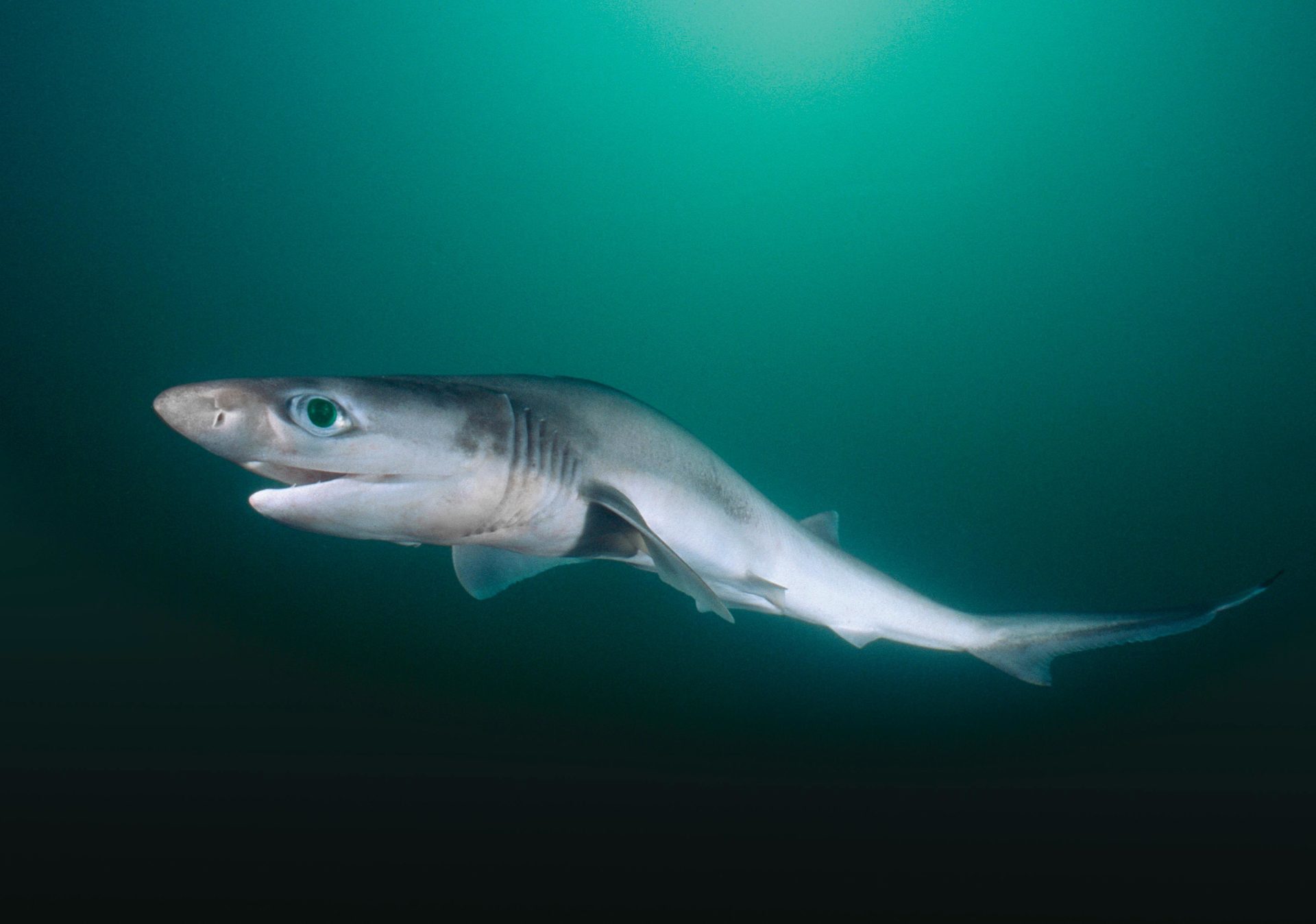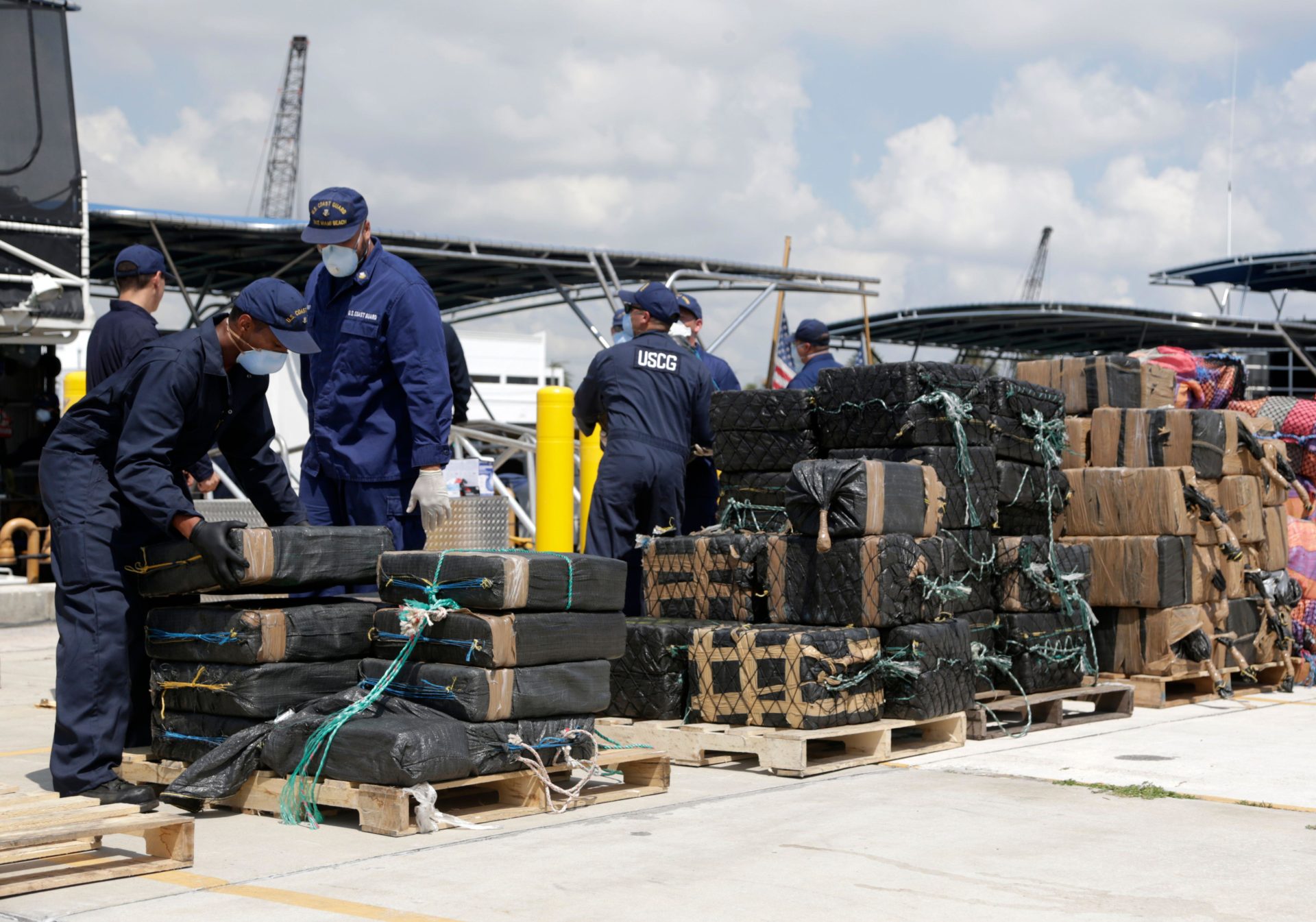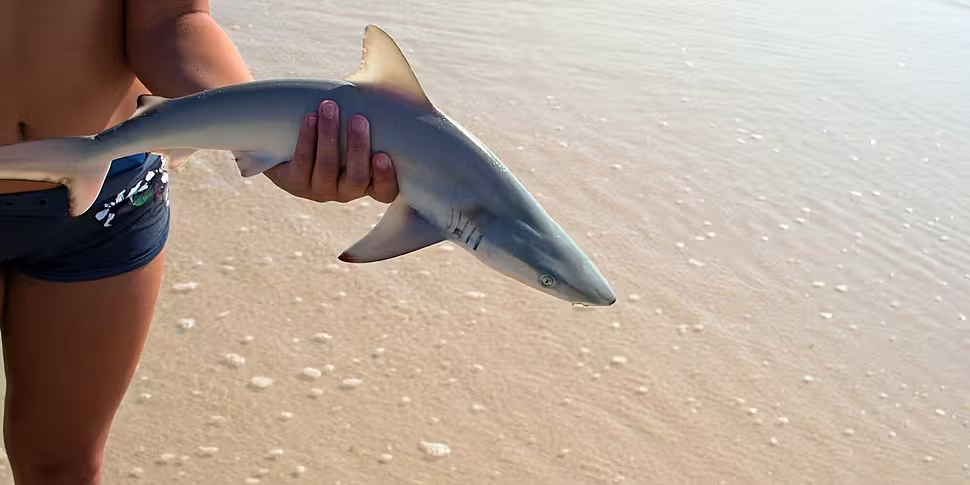Sharks off the coast of Brazil have tested positive for cocaine.
The finding by scientists from the Oswaldo Cruz Foundation in Brazil has raised concern about the impact of drugs on the marine ecosystem.
Small fishing vessels brought ashore 13 wild Brazilian sharpnose sharks and scientists dissected them.
Every single shark tested positive for cocaine and, in one case, the drug sample was found to be 100 times the concentration in other sea life.
The species was chosen because the sharks live their entire lives in coastal waters and are most likely to be affected by pollution.
Both the muscle tissue and the livers of the sharks were tested for the drugs using liquid chromatography with tandem mass spectrometry.
 A Sharpnose Shark. Picture by: Alamy.com
A Sharpnose Shark. Picture by: Alamy.comThe test is the first of its kind into the prevalence of cocaine in wild sharks but scientists cautioned that the sample of 13 sharks was “very limited”, meaning further research is required.
Dumping of narcotics into the ocean has long been a matter of concern for scientists.
 Members of the U.S. Coast Guard with over eight tons of cocaine. Picture by: AP Photo/Wilfredo Lee.
Members of the U.S. Coast Guard with over eight tons of cocaine. Picture by: AP Photo/Wilfredo Lee.Last month alone, the US Coastguard seized 6,400kg of cocaine in the Caribbean Sea and Atlantic Ocean with an estimated street value of $186 million (€171 million).
In Ireland, the impact of single use plastics on sea life has also been raised as an issue of concern.
Reporting by IRN.
Main image: An Atlantic sharpnose shark. Picture by: Alamy.com









